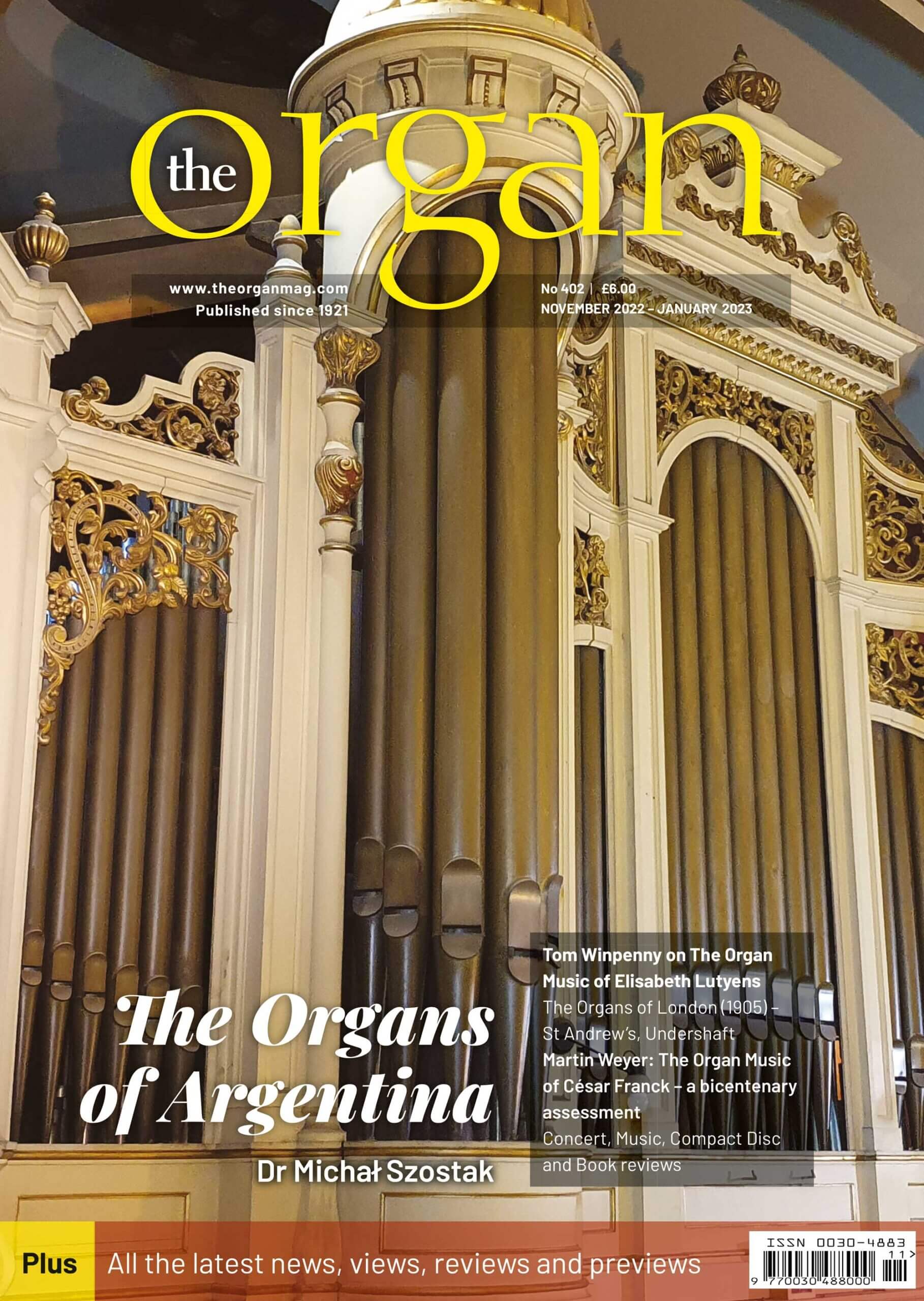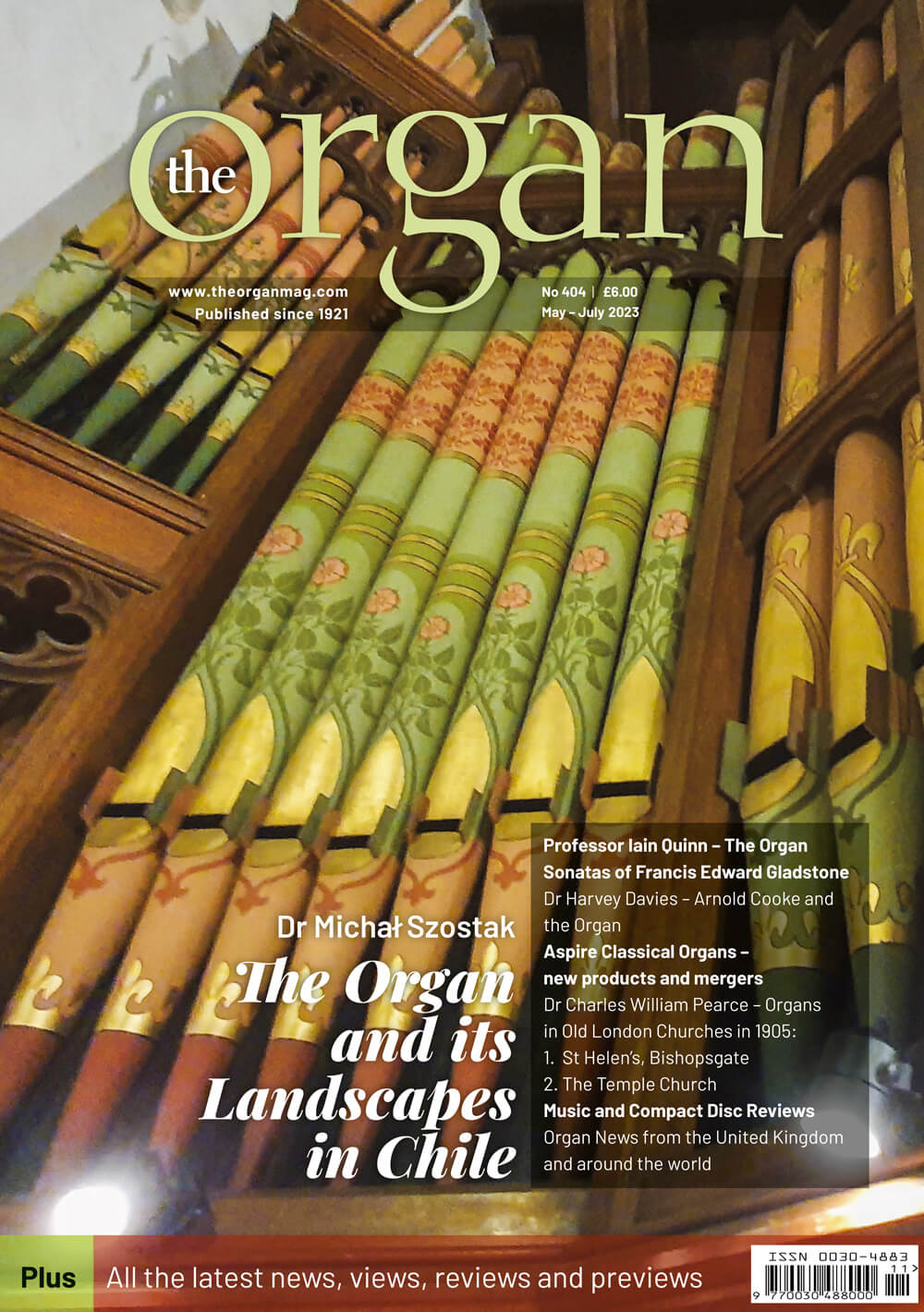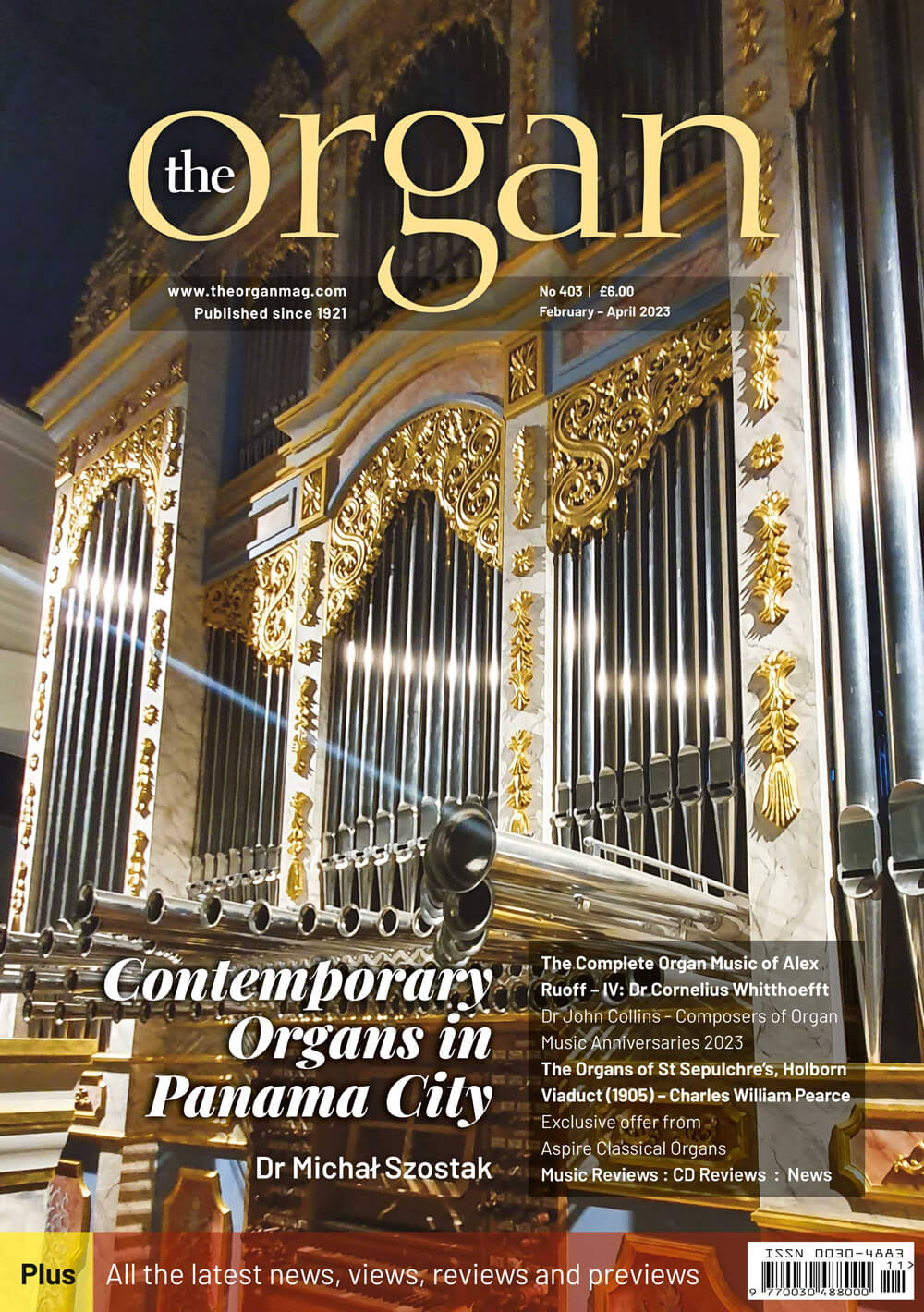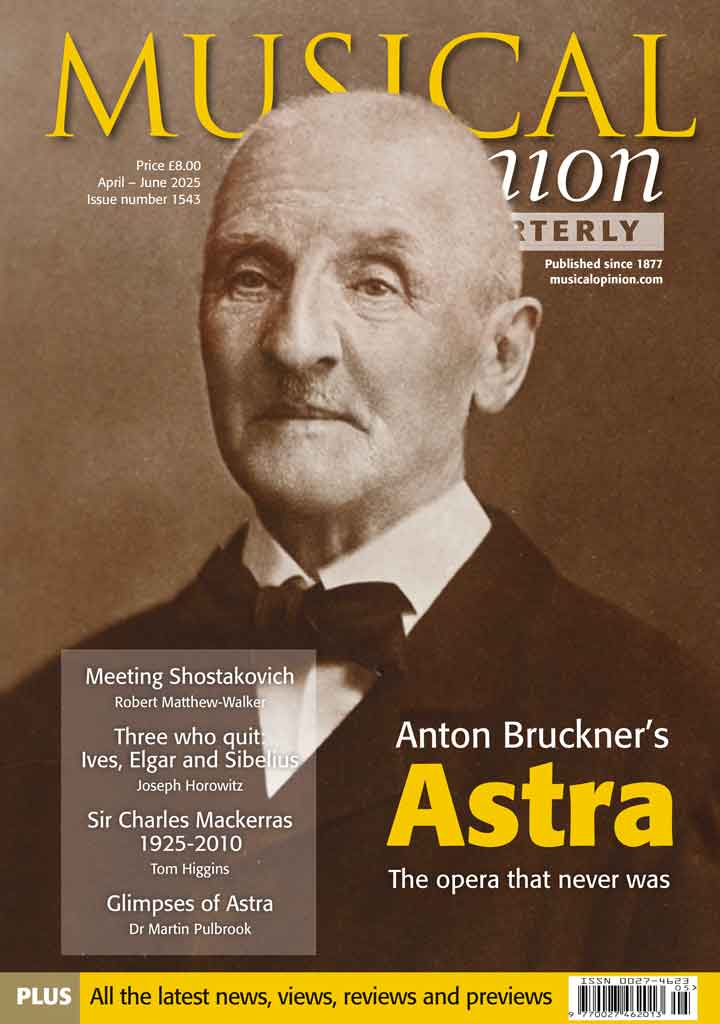

Current Issue
Previous Issues
Spring 2025. Issue 1541
Winter 2024. 1540
Autumn 2024. 1539
Summer 2024. 1539
Spring 2024. 1538
Winter 2023. 1537
Autumn 2023. 1536
Summer 2023. 1535.
Spring 2023. 1534.
Winter 2022. 1533.
Autumn 2022. 1532.
Summer 2022. 531.
Following the dispicable and illegal invasion of Ukraine, the Summer 2022 edition of Musical Opinion carries a large article about Sergei Prokofiev, arguably its most famous composer along with an overview of the Ukrainian classical music scene over the last one...
Spring 2022. 1530.
Winter 2021. 1529.
Autumn 2021. 1528.
Summer 2021. 1527.
Spring 2021. 1526.
Winter 2020. 1525.
Autumn 2020. 1524.
Summer 2020. 1523.
Explore By Topic
Spring 2019. 1518.
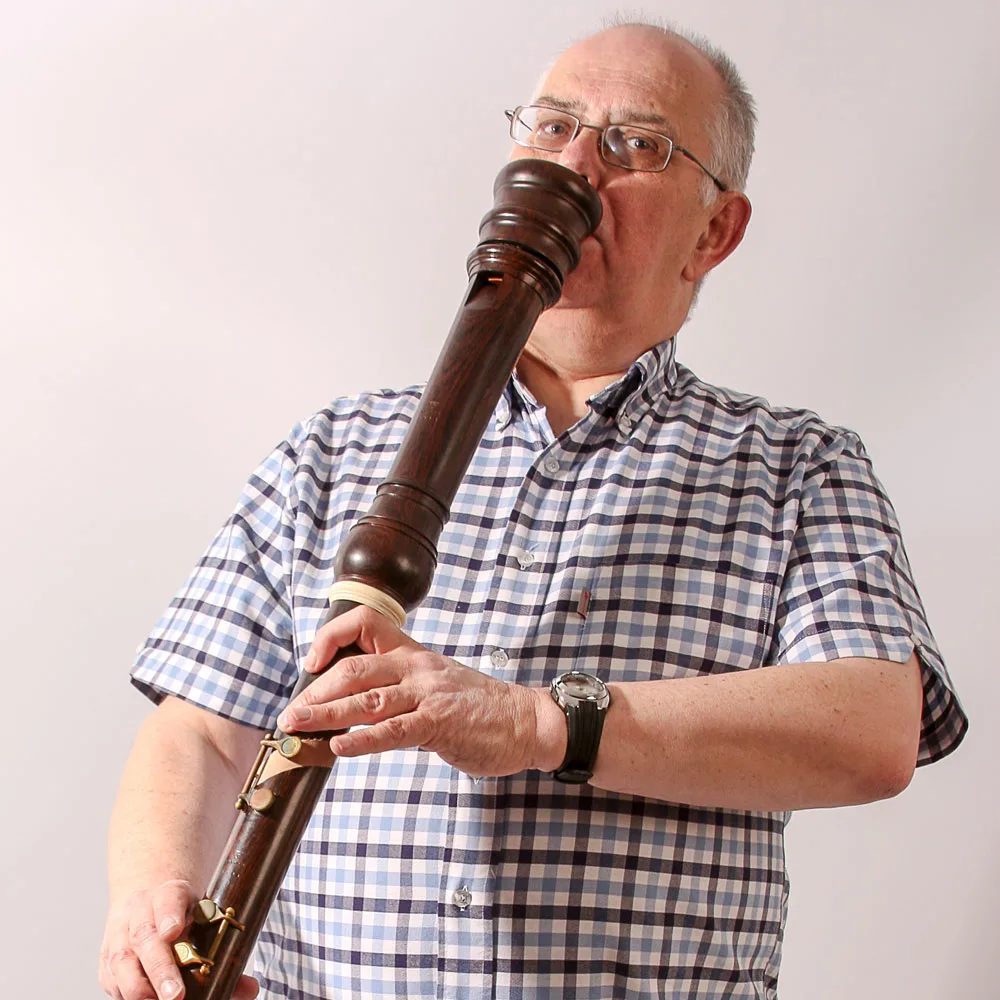
John Turner – master recorder-player
Peter Dickinson
The author pays tribute to the virtuoso recorder player who has created a substantial repertoire and supported hundreds of composers known and unknown.
The figures for the premieres given by the pioneering British recorder player, John Turner, are overwhelming. Almost a hundred solo works; over two hundred with recorder and keyboard; nearly three hundred involving recorder and voice; and that’s before including the over sixty works for recorder and orchestra and some seventy-six CDs. This represents a phenomenal level of activity over many years and it is unique. How did all this start? Turner’s mother was a good pianist who taught piano and French and her father, who ran a haulage service, was for many years choirmaster of All Saints, Shillong, Assam, and a masonic organist in Calcutta. Turner has said that his main influences have been his school music teacher; the composer Thomas Pitfield; and his colleague and friend, the early music pioneer David Munrow.
Douglas Steele (1910-1999) was a music master at Stockport Grammar School from 1960-71; had been Beecham’s secretary; and was involved in the setting up of Cheethams as a specialist music school.
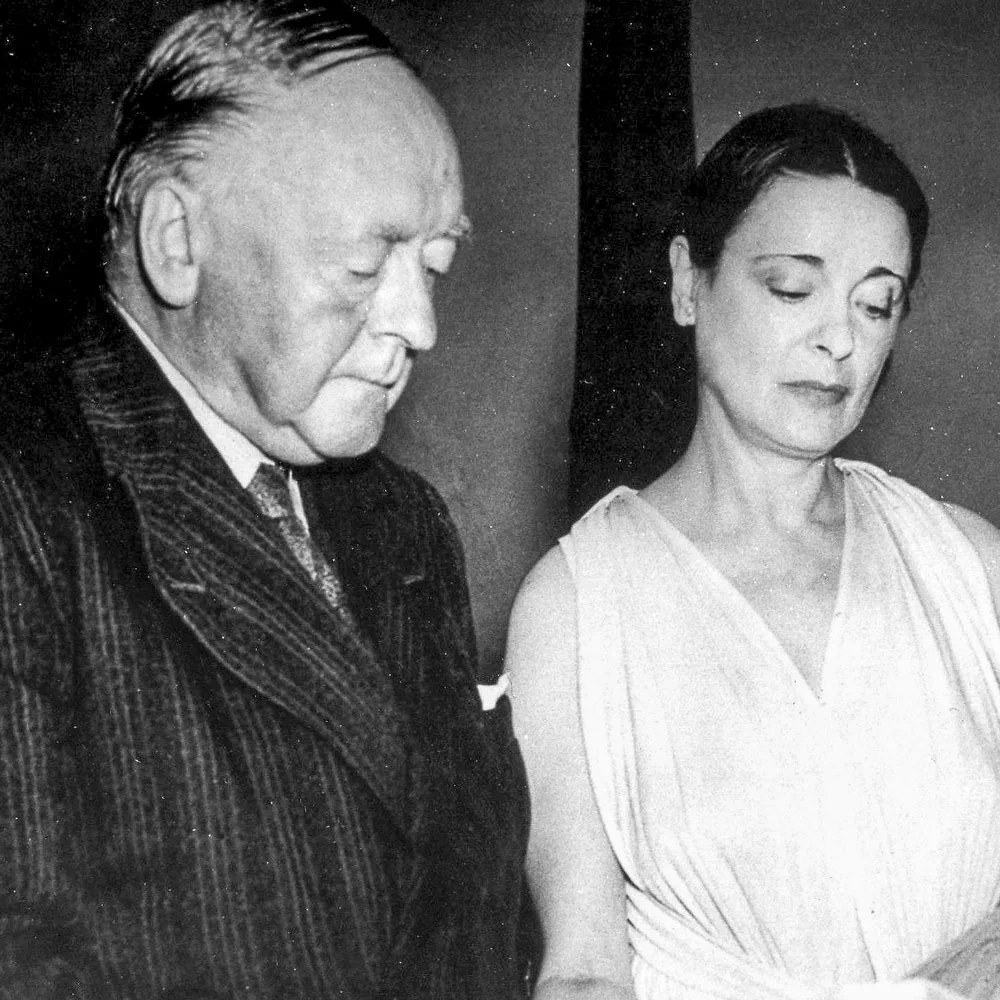
Private Passions – Arnold Bax and Harriet Cohen
Graham Parlett
The first recording of Harriet Cohen’s Russian Impressions, played by Mark Bebbington, is being issued by Somm together with works by the greatest love of her life, the ‘ultra-modern’ composer Arnold Bax, who was admired even by Schoenberg.
When the pianist Harriet Cohen died in 1967, it was found that she had bequeathed all her papers to the British Museum Library on the understanding that they should not be opened for thirty years. They included a trunk labelled ‘Letters from close men friends’ and hundreds more from a wide variety of famous people, ranging from Winston Churchill, Albert Einstein and George Bernard Shaw to Edward Elgar, Pierre Boulez and Gracie Fields. Among the collection were approximately 1600 written communications from Arnold Bax, the earliest a letter dating from 1912, the last a telegram that he sent from Cork on the Saturday he died (3 October 1953) asking her to meet him in Dublin on the following Monday. Their relationship had been public knowledge for many years, and references to it had appeared quite openly in newspapers and magazines. For example, a photograph of ‘Miss Harriet Cohen and Mr. Arnold Bax sun-bathing at St. Margaret’s Bay’ appeared in The Tatler of 7 September 1932, while another, taken at the Queen’s Hall box office, was published in The Bystander of 1 November 1933 and shows him looking startled by the photographer’s sudden appearance.
Bax had several girl-friends while a student at the Royal Academy of Music, and in 1910, aged twenty-six, he had fallen in love with a young woman named Natalia Mikolaїvna [sic] Skarzhinska, whom he pursued to Russia and her native Ukraine, where she promptly became engaged to someone else.
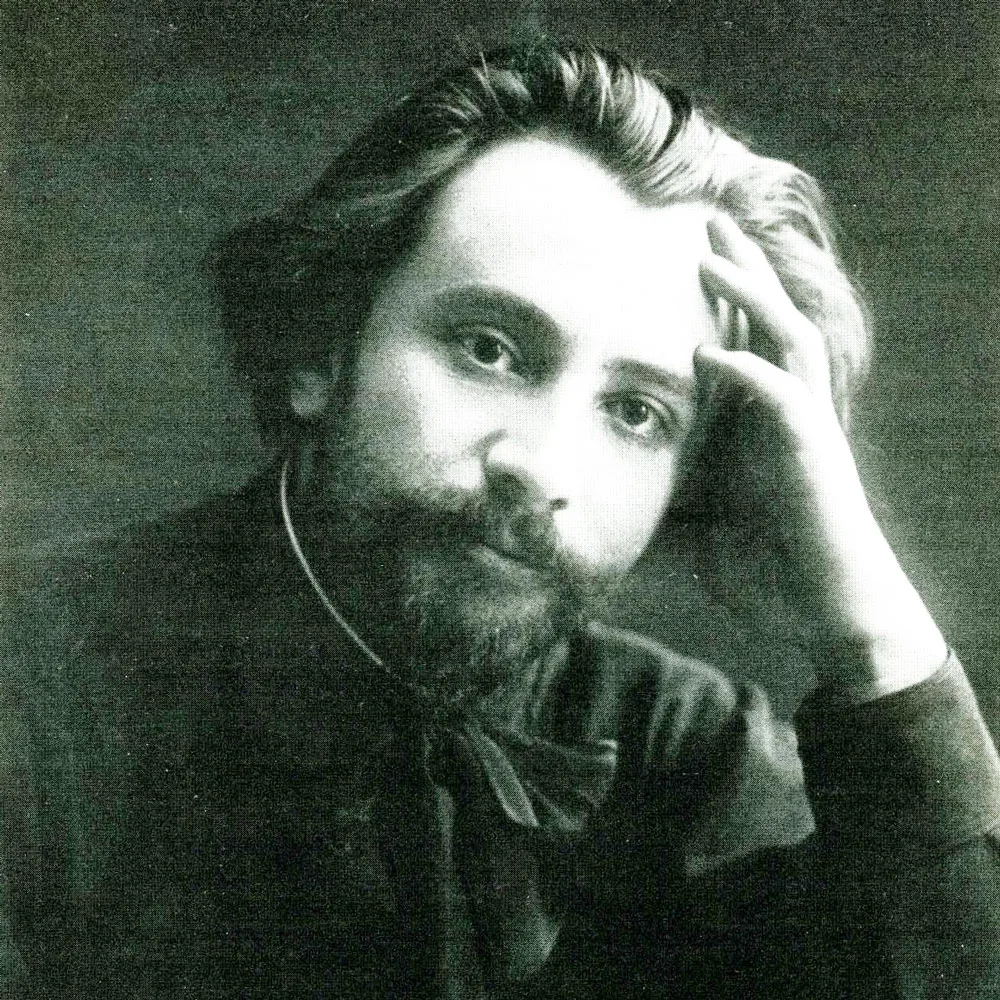
The Resurrection of Nikolai Roslavats
Lucy Hibberd
The author outlines the remarkable story of this largely unknown twentieth-century Russian composer, whose music came to be almost totally neglected during the Soviet era.
Nikolai Andreevich Roslavets was excised from the canon and written out of history only to be rediscovered and celebrated after his death. Due to this his music is less widely recognized, despite him using adaptations of innovative compositional techniques such as the twelve-tone row in many of his compositions. As a result of the socio-political pressures placed upon him by the hostility of Soviet government at the time, Roslavets remained an undiscovered prodigy throughout the most part of the early Twentieth Century.
Roslavets’ interest in music revealed itself from a very early age, and whilst in Moscow he was predominantly recognized as a composer of modernist music. Best known for his avant-garde compositional style – particularly his adaptation of the more commonly known twelve-tone row – Roslavets embarked on creating a new system of tonal organization in order to develop music away from the old system of classical harmony. Scholars have commonly described him as ‘the Russian Schoenberg’, a title that implies prestige and influence to a modern reader. However, the political atmosphere in the Soviet Union during the latter half of 1920s and early 1930s meant reception of Roslavets during his lifetime was not so straightforward.
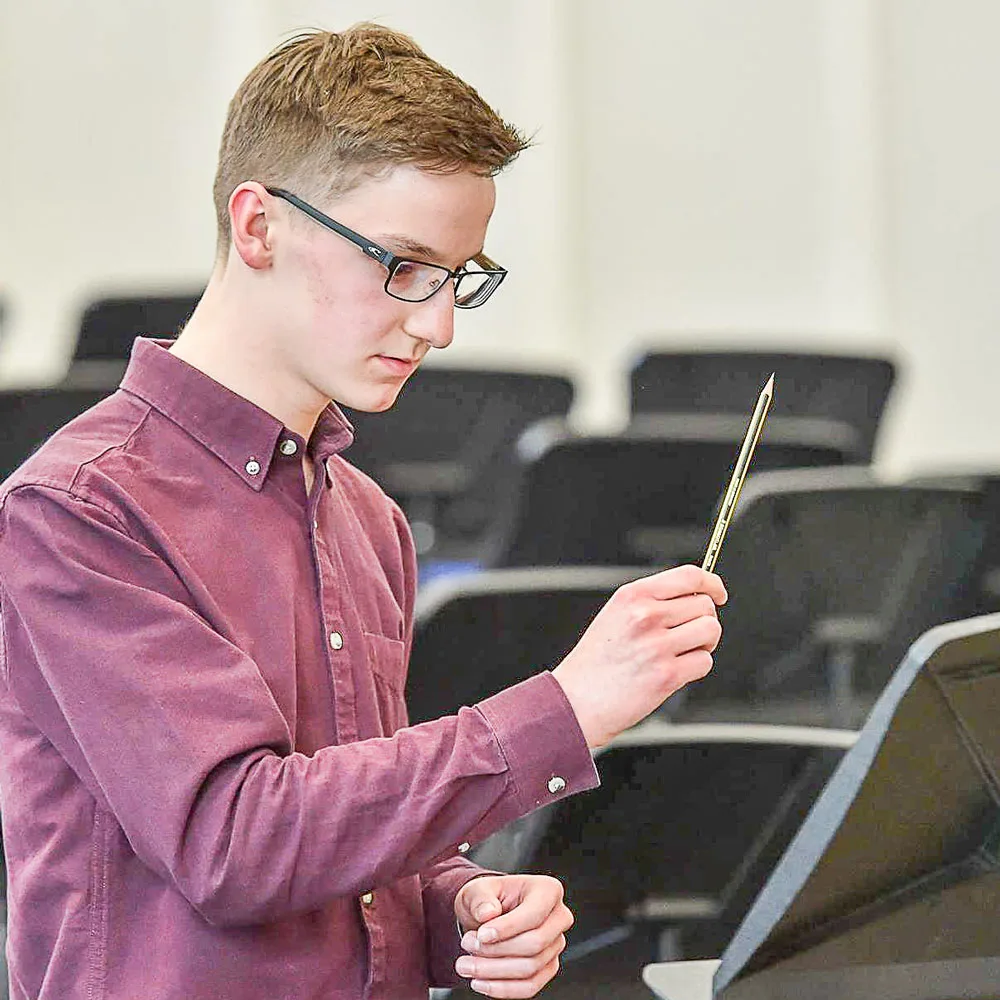
Take Note
Jack Pepper
I remember my first piano lessons well. Aged seven, my mother would drive me half an hour through rush-hour traffic, through rain and through darkness, so that I could have thirty minutes totally immersed in music. Lessons were broad, always covering far more than playing ‘See-saw’ from the children’s piano book; my teacher was also a composer, and never restricted our lessons to bashing keys. I would arrive at my teacher’s apartment and immediately be shown the latest avant-garde composition he had been working on; I would be played dissonant and polyrhythmic scores that saw the pianist leap across the piano. We would often finish lessons by listening to a piece of classical music; Schoenberg, Stockhausen and Boulez featured heavily. I remember gawping in amazement (and contempt, it must be said) as a string quartet zipped up and down in four helicopters. For a young person, this was my first in-depth encounter with classical music. I’d taken a bite and, fascinated with the unexpected, unpredictable and then-ineffable flavours and spices, I wanted more.
In being exposed to what at the time seemed to me to be such daring and innovative ideas, my ears – and therefore my mind – were immediately opened to new possibilities. My frame of reference up until this point had been a certain harmonic language, and suddenly I was being shown the marvellous scope for musical variety and invention. My world was gradually moving from greyscale into colour; two dimensions became three.
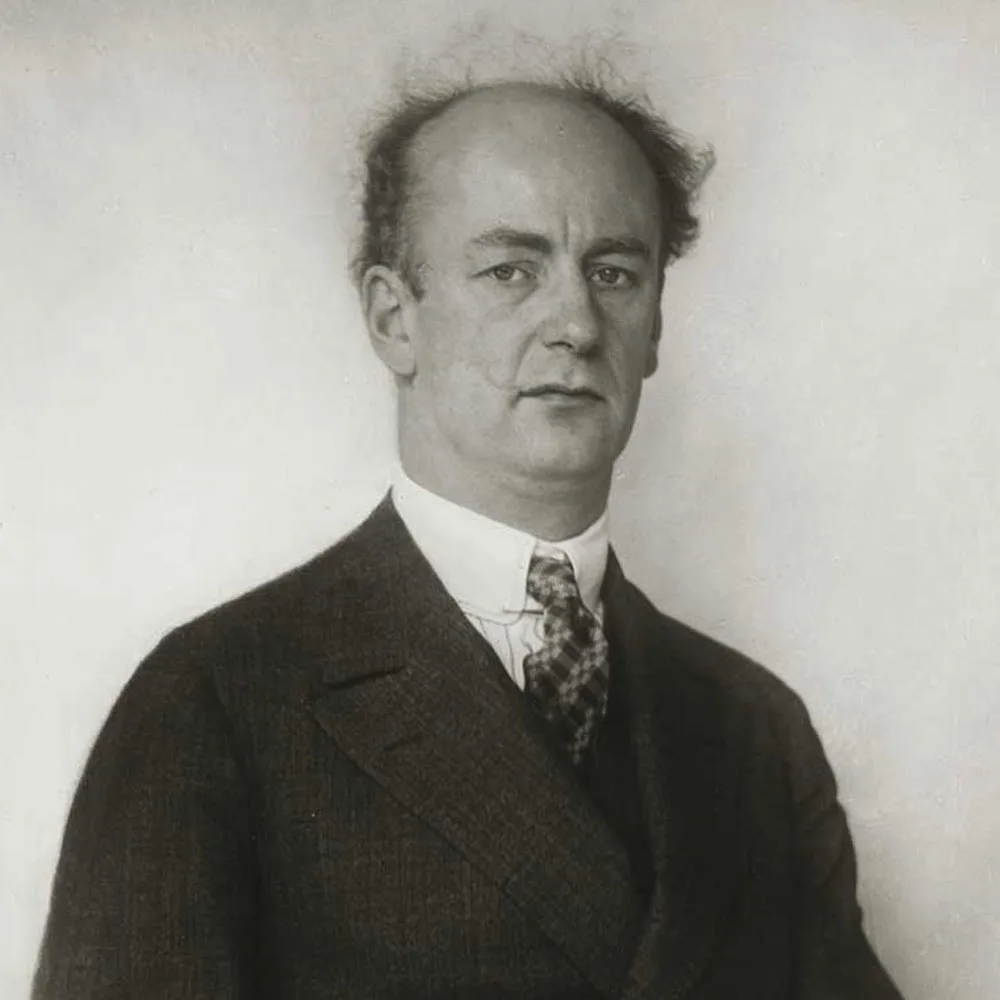
Wilhelm Furtwängler: Art and the Politics of the Unpolitical
David Matthews
Wilhelm Furtwängler was almost certainly the greatest conductor of the mid-twentieth century. Admittedly the music he conducted was centred on a small number of mostly nineteenth-century German composers – Beethoven, Wagner, Bruckner and Brahms, reflecting his intense and almost exclusive concern for Germanic high culture, but in this music he was unsurpassed, and remains so today, as the many recordings he left demonstrate. In a BBC television documentary made in 1970, Hans Keller said: “Furtwängler was almost the only conductor I knew who was totally without vanity. Absolutely without conceit. His personality, inasmuch as it came in (and it came in much) was always wholly subservient to what he felt the composer wanted.” For Furtwängler, music was a religion, with Beethoven the chief of his gods.
Roger Allen’s book is partly a biography, but is chiefly concerned with Furtwängler’s ideas, as expressed in his copious writings from which Allen quotes extensively. He acknowledges Furtwängler’s mastery as a conductor: his book is full of scholarly detail; and yet throughout he is clearly unsympathetic to Furtwängler and the ideas he stood for.

